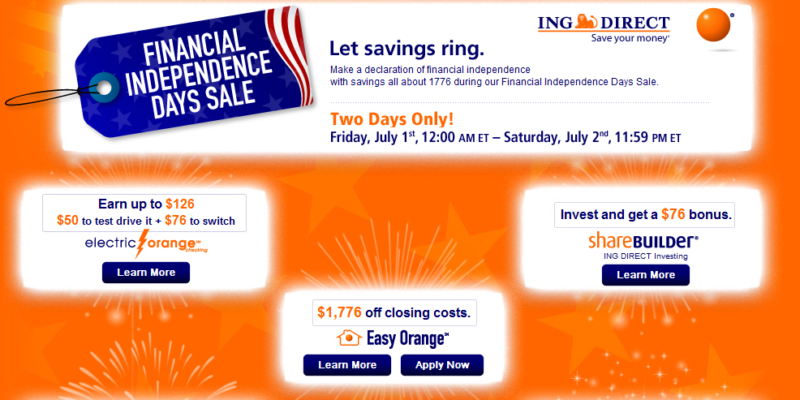The vast majority of personal finance websites(including this one) focus on reducing your bottom line–cutting costs. The other end of the budget is at least as important. Have you tried raising your top line lately? Have you picked up a side hustle, sold an article, put ads on a website, or even sold some of your stuff? After we had our garage sale a few weeks ago, we were left with some furniture that was too nice to donate or discard, so we decided to sell it on Craigslist.
The key to selling your stuff on Craigslist is taking pictures. They don’t have to be good pictures, just something to let your customers know what they are getting. Take pictures, post the measurements and, if it’s electronic, the model number. Beyond that, a simple description will suffice.
Be safe when you are posting the listing. Don’t give your address and don’t post when you will be home. That’s just a job offer for burglars. When you talk to a potential buyer, never tell them there is nobody home. Tell them your roommate is the only one home and he doesn’t want to deal with the sale. Don’t give strangers on the internet an opportunity to rob you.
When you are meeting a buyer, pick a public place away from home, if at all possible. If you are selling furniture, it may not be possible, but it is for smaller items. Meeting in a busy gas station parking lot or even in front of the police department is a good way to stay safe. Secondary crime scenes are nasty things and inviting the wrong stranger in is offering one ready-made.
[ad name=”inlineleft”]Bring a friend. Preferably, an intimidating friend. Crime is less likely to happen if there is more than one person there. Bring a friend to a public place to meet the buyer to maximize your safety.
Don’t get ripped off. Craigslist scams abound. Bad checks, forged checks, and shipping scams are just some of the problems.
Only accept cash. It’s hard to forge a greenback.
One of the most common scams, after a bounced check, is the cashier’s check scam. You’ll get an email saying the item is great and payment is on the way. When the check clears, a relative of the buyer will come to pick up the item. Then, oops, their secretary made the check out for $3000, instead of $300. Would you mind sending the overpayment back by Western Union, minus $100 for your troubles? First sign of trouble: over-complicating a simple transaction. Second sign: not using cash. The cashier’s check will be forged. There is no way to verify funds on a cashier’s check, and the bank will post it as available well before it comes back bad. You will be able to spend the money, only to have the money disappear later. That means you can’t wait to see if the check clears before wiring back the overpayment. There is no way to recover your money.
If you get a response that includes a link, do not click it! Ever. No matter what the link looks like. Ever. No clickyclicky. It may be an innocuous link to your ad, but the link can be masked. Any other link is almost definitely a link to a virus-ridden website. Repeat after me: No clickyclicky.
If you get an email about Craigslist transaction protection or escrow, you are being scammed. Run away.
Craigslist can be great way to turn your junk into cash, but only if you actually get the cash. Keep yourself safe and scam-free.










